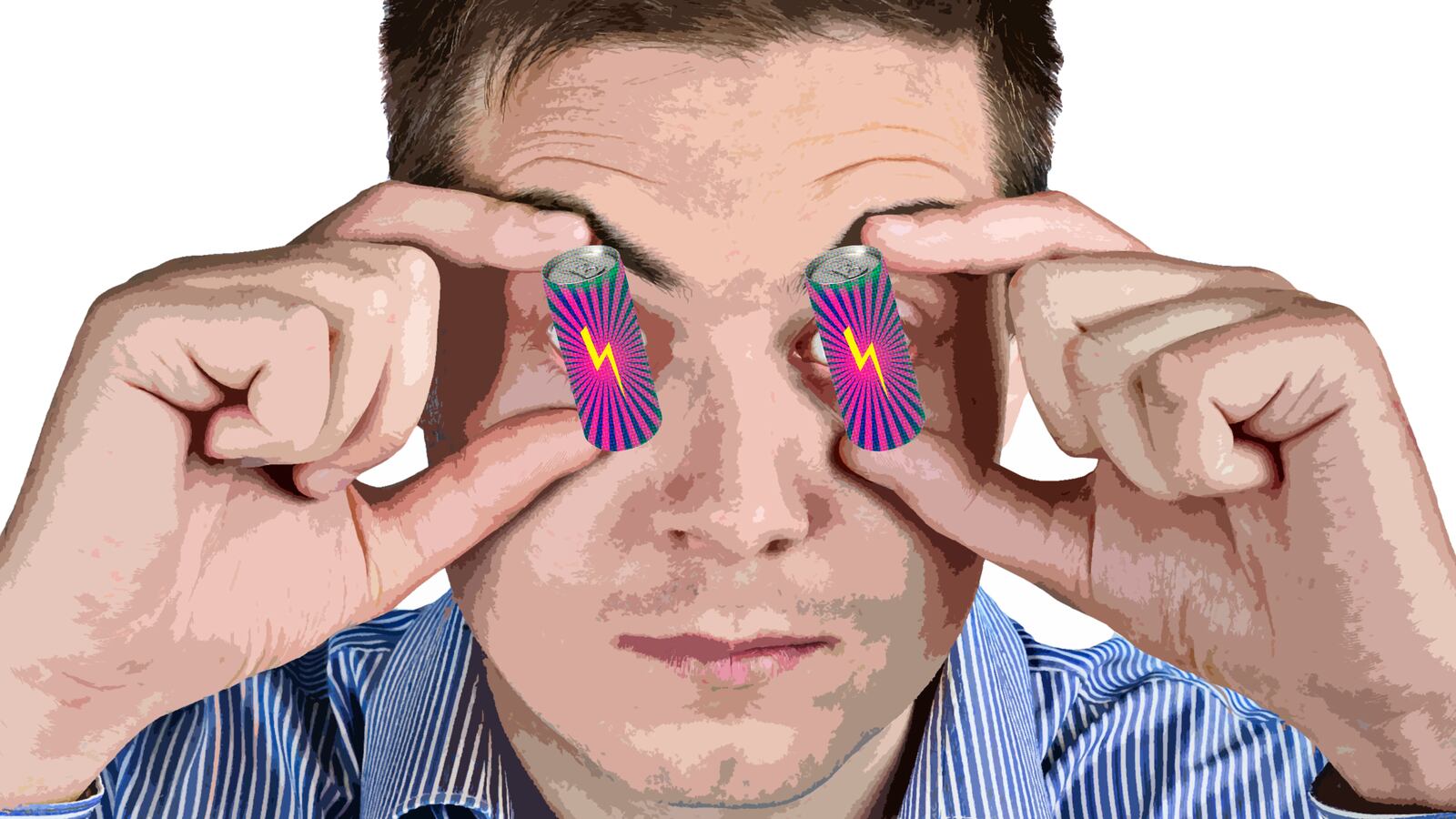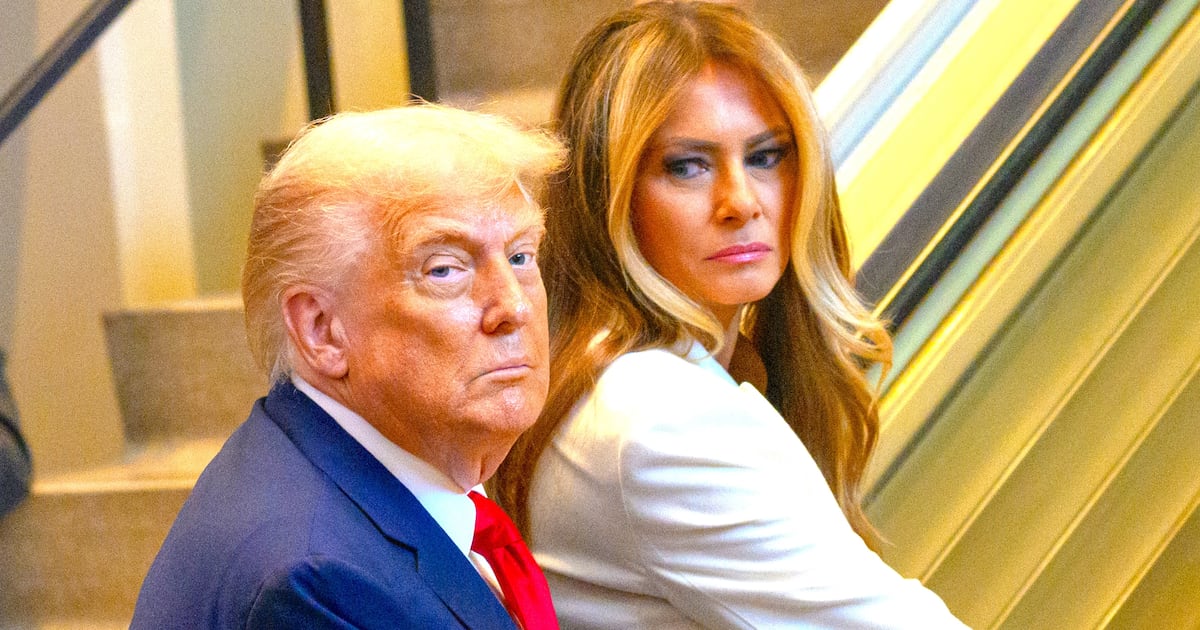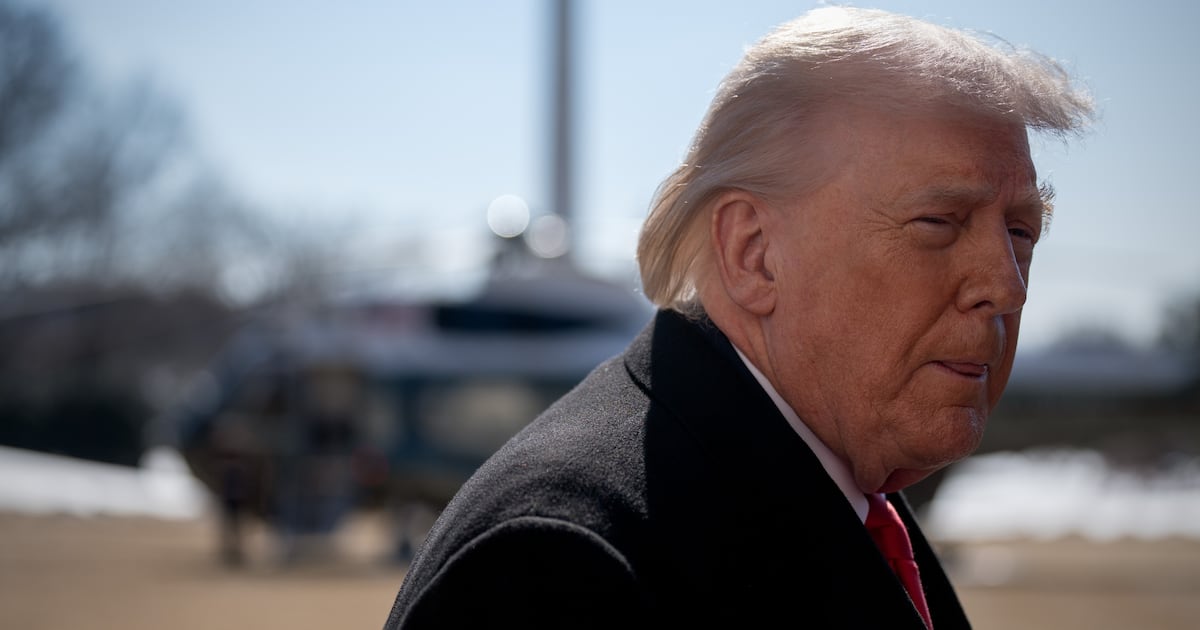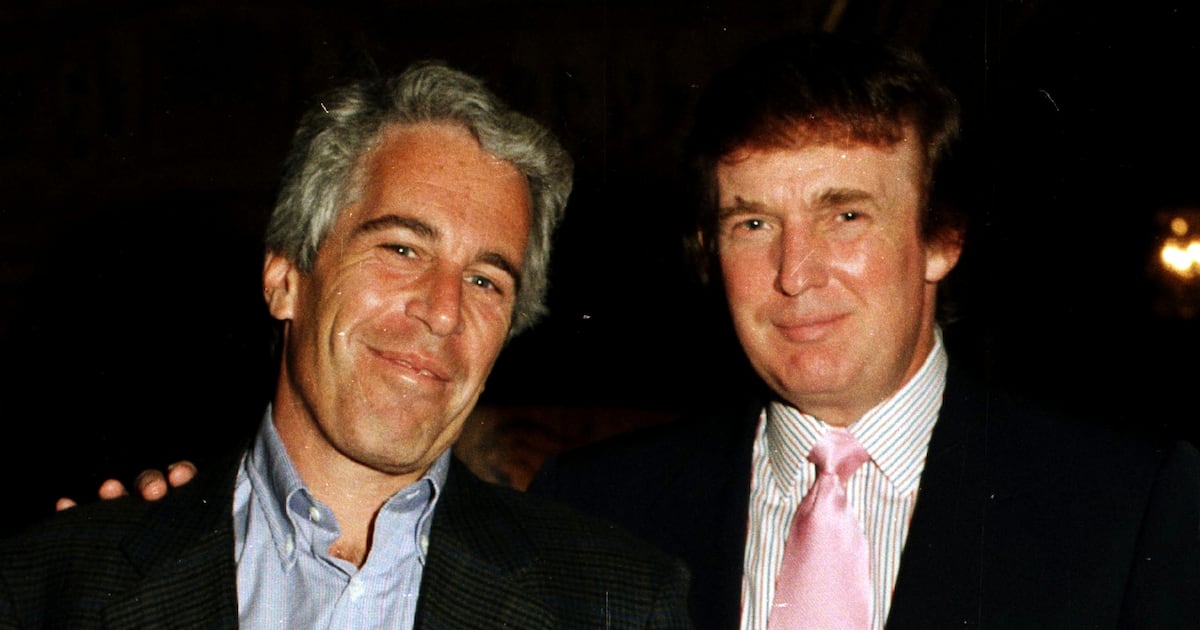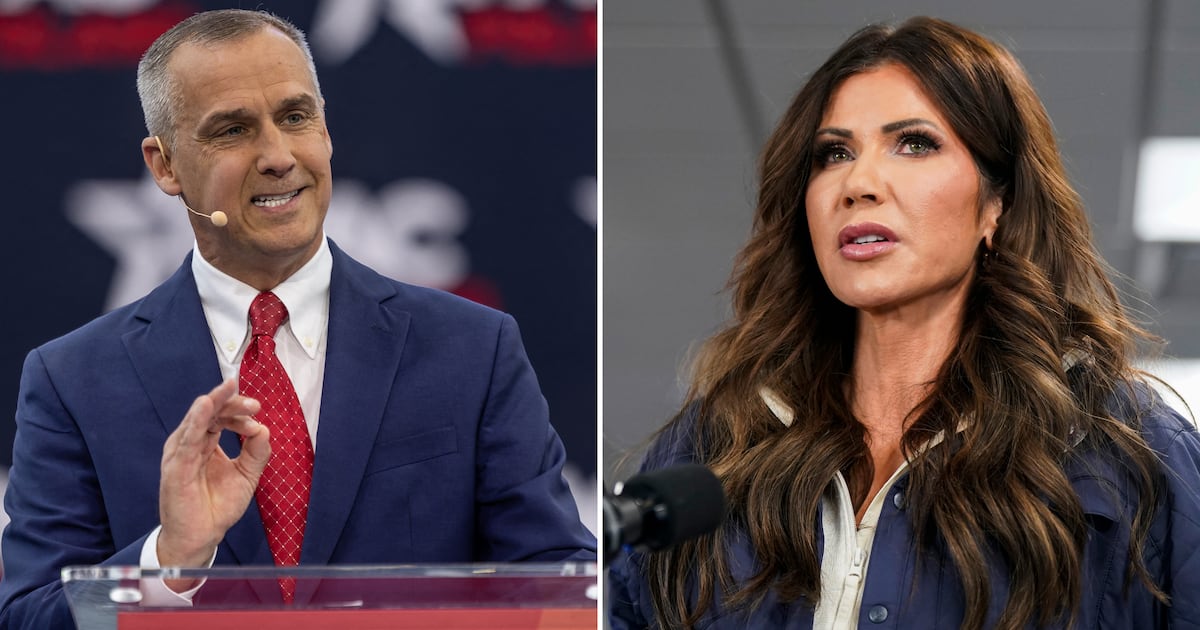Energy drinks probably can’t help you snowboard or rock climb much better than you already can. But a new study finds that the more traditionally masculine a man is, the more he might believe in their efficacy, and the more sleep-deprived he might be as a result.
The study, conducted by four researchers from the University of Akron and Texas Tech University, and published in the November issue of Health Psychology, describes a potential chain reaction of beliefs about masculinity and energy drinks among college-aged men. Among a sample of 467 men—a mix of Texas undergraduate students and Internet respondents—researchers found correlations between endorsement of traditional masculinity and heightened expectations for energy drinks’ effects, between those expectations and actual consumption, and between consumption and sleep disturbance. These correlations do not necessarily imply causation, and they differ depending on age and race.
In a mouthful of a sentence, the authors conclude: “[Our] results supported the hypothesized model in which endorsement of masculinity ideology was associated with increased outcome expectations for benefits of energy drinks, which was in turn associated with increased energy drink consumption, which finally was associated with greater sleep disturbances.”
Participants in the study completed three separate surveys, assessing their gendered attitudes and beliefs about energy drinks, as well as their sleep quality.
The first survey asked men to indicate the extent to which they agreed with traditionally masculine attitudes like “Men should not be too quick to tell others that they care about them,” “Homosexuals should never marry,” and “I think a young man should try to be physically tough, even if he’s not.” The second similar survey measured expectations about the effects of energy drinks and included beliefs like “If I consume energy drinks, I will be more willing to take risks” and “If I consume energy drinks, I will perform better.”
The final survey, adapted from a standard sleep quality index, measured disturbances in the men’s sleep patterns, such as getting up to use the bathroom during the night or having trouble falling asleep.
The authors found associations between beliefs in traditional masculinity, beliefs in the efficacy of energy drinks, energy drink consumption, and sleep disturbances with a few notable exceptions: Older men were more or less exempt from the trend, and non-white men who endorsed traditional masculinity believed in the efficacy of energy drinks, but this belief didn’t translate into actual use.
For young white men in the sample, however, the associations were clear.
“The link between masculinity ideology and energy drink use suggests that energy drink use may be a means of performing masculinity… as a way to raise masculine capital,” the authors speculate, noting that this performance could be a way of “demonstrating that one is consuming products that are associated with the engagement in extreme sports or an otherwise active and competitive lifestyle.”
The authors also argue that this link is a cause for concern.
Many energy drinks have high caffeine content, which can have a diuretic and dehydrating effect. When consumed in excess, caffeine can accelerate the heart rate, increase anxiety, and contribute to insomnia. Men who perceive energy drinks as automatic performance-enhancing elixirs, the study suggests, would do well to carefully monitor their consumption.
Dr. Ronald F. Levant, a professor of psychology at the University of Akron and lead author on the study, told The Daily Beast that caffeine can help boost concentration in moderation.
“Maybe if [young men] drank half an energy drink, or a quarter—modest amounts—it might help them concentrate better,” he told The Daily Beast, noting that the guidance would depend on the particular product. “The problem with energy drinks is that they sometimes have very high doses of caffeine.”
As his team’s study notes, the U.S. Food and Drug Administration (FDA) does not require caffeine quantities to be displayed on beverage labels. The logic, according to the FDA, is that caffeine is “not a nutrient” but rather a “natural chemical.” Although some manufacturers do opt to list caffeine in milligrams on beverage labels, the lack of an industry-wide standard can leave consumers without a reliable way to track their intake.
With the amount of caffeine present in some products, this lack of clarity can be a problem.
Consumer Reports analyzed the ingredients of popular energy drinks and found that some do indeed have what Levant would identify as modest amounts of caffeine. But others contain up to 242 milligrams of caffeine per serving—over twice the amount of an eight-ounce cup of coffee. Researchers have warned about the effects that frequent consumption of these energy drinks can have on cardiovascular health, particularly for adolescents.
Energy drinks are particularly popular among younger demographics, and are regularly consumed by 31 percent of teenagers and 34 percent of young adults, according to the American College of Medical Toxicology.
As men get older, the authors observe, they are much less likely to drink energy drinks, even if they endorse the traditional masculine beliefs associated with use among younger men.
“One possible explanation for this is that men tend to accumulate masculine capital as they age, and thus older men have less need to raise further capital,” the study suggests.
In other words, older men have less to prove.
As for the differences based on race, Levant suspects that advertising plays a major role.
“If you look at ads for energy drinks, they typically portray young white men engaged in some sort of extreme sport,” he said. “Because that advertising is out there, young white men probably have more exposure to the idea that energy drinks are for them.”
The authors are especially concerned about the impact that energy drink consumption could be having on the sleep patterns of the young undergraduate men in their study. It is even possible, the authors note, that sleep deprivation resulting from energy drink use motivates these young men to “self-medicate” with even more energy drinks. It is, as Levant put it, a “vicious cycle,” and one he advises young men to be “cautious” about falling into.
To interrupt this cycle, Levant and his team note in the study that it may be necessary to “require reporting the dose of caffeine in energy drinks,” like “many other countries do.” But given the associations they uncovered, it may take more than a label to break the link.
“I think it would probably take more than that, but it would definitely be a start,” said Levant.

